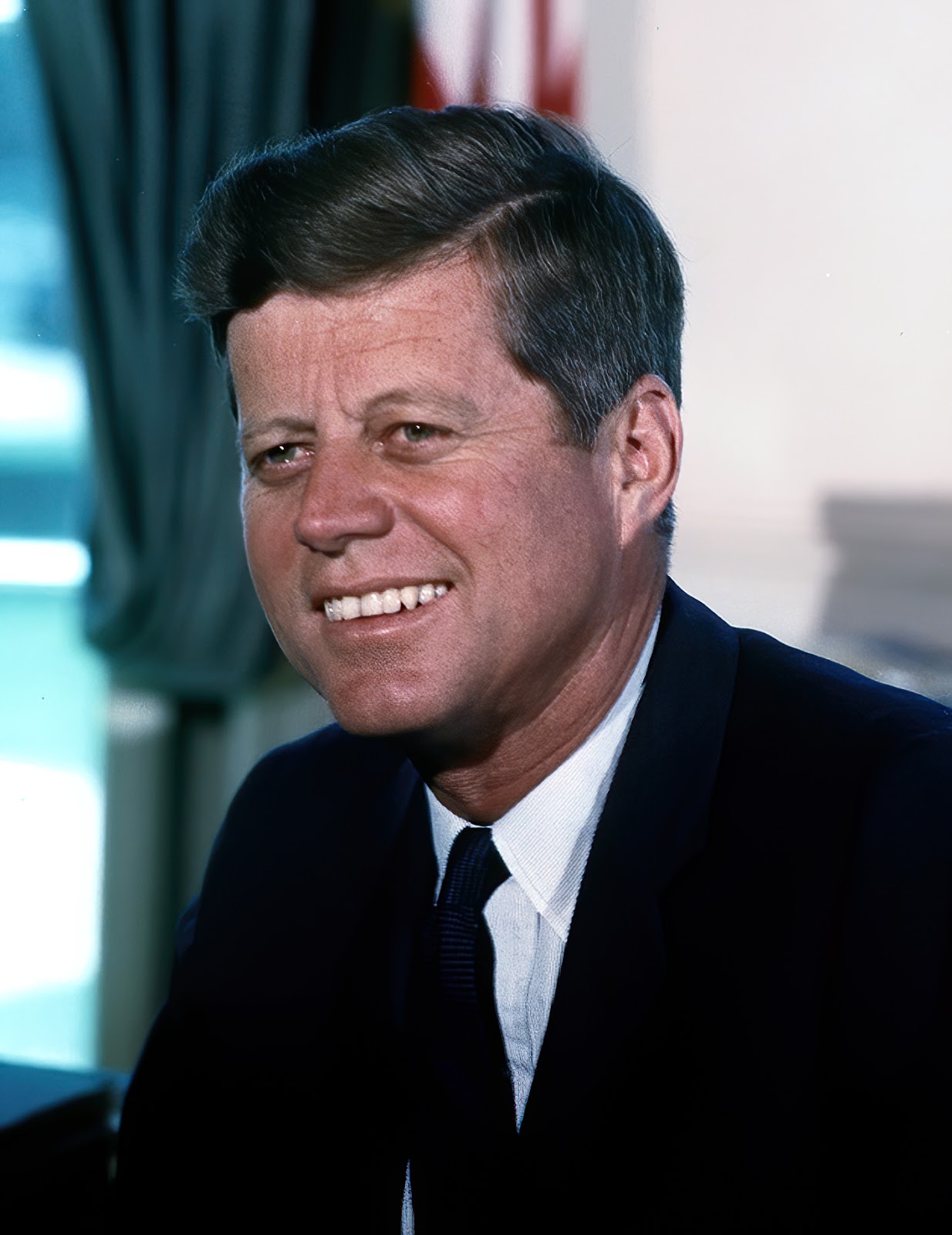It may surprise you that in the English language, very early curse words evolved from the Bible, because utilizing the Bible in expressing contempt was the worst means of hatefulness. Also, a disgusting insult was calling someone the name of a different race or ethnicity.
All of these vulgarities evolved over time, but it is thought that a great change occurred when in WW II when war correspondents were permitted to quote soldiers directly, bringing some 'colorful' language to civilian vocabularies. Gradually, words that would probably never have been used by earlier generations embedded themselves in our vocabularies.
In recent decades, swearing has become more widely acceptable. People swear in casual conversation to emphasize what they are saying, or to create humor. It is also common to show agreement with others by repeating the swear word they had spoken to show their agreement.
Years ago, the world was shocked when Vice President Cheney spoke directly to candidate Sen. Leahy, using a vulgar expression. Cheney's words became the headline in many newspapers. Although politicians had long used curses in private, in public they rarely did so. There were examples of politicians being overheard using a curse word, or of being caught on a 'hot mike,' but in general politicians avoided cursing publicly. However, times have changed, and some politicians, even those of high rank, curse openly.
The way we talk has changed. I doubt that we will ever go back to Victorian days during which women's speech was genteel, her words as tightly bound as her corset. Men would never have intentionally sworn in the company of ladies.
I confess that I do prefer that professionals maintain a certain public dignity and reserve their more colorful language for friends in private conversations. Unfortunately, I fear that the less that people read, the worse their vocabularies shrink. The great speakers of the past may no longer exist in significant numbers.
Can the 1st Amendment be called upon for help? Freedom of speech is a highly treasured right, and it seems unlikely that courts would become involved in the now ordinary vulgarity heard today. Most of us are familiar with the prohibition that you cannot stand up in a crowded theater and scream "Fire," putting people at risk of harm as a joke, because of the likelihood that people could be injured in their desperation to escape the theater. However, common vulgarities are unlikely to receive the Court's attention, unless there is some risk of harm or exceptional circumstances.
The position of the First Amendment emphasizes the importance of these freedoms: religion, speech, the press, assembly, and petitioning the Government for redress of grievances should be a reminder of their importance. However, their very placement should also be a reminder of the respect they are due.








.jpg)




.JPG)





